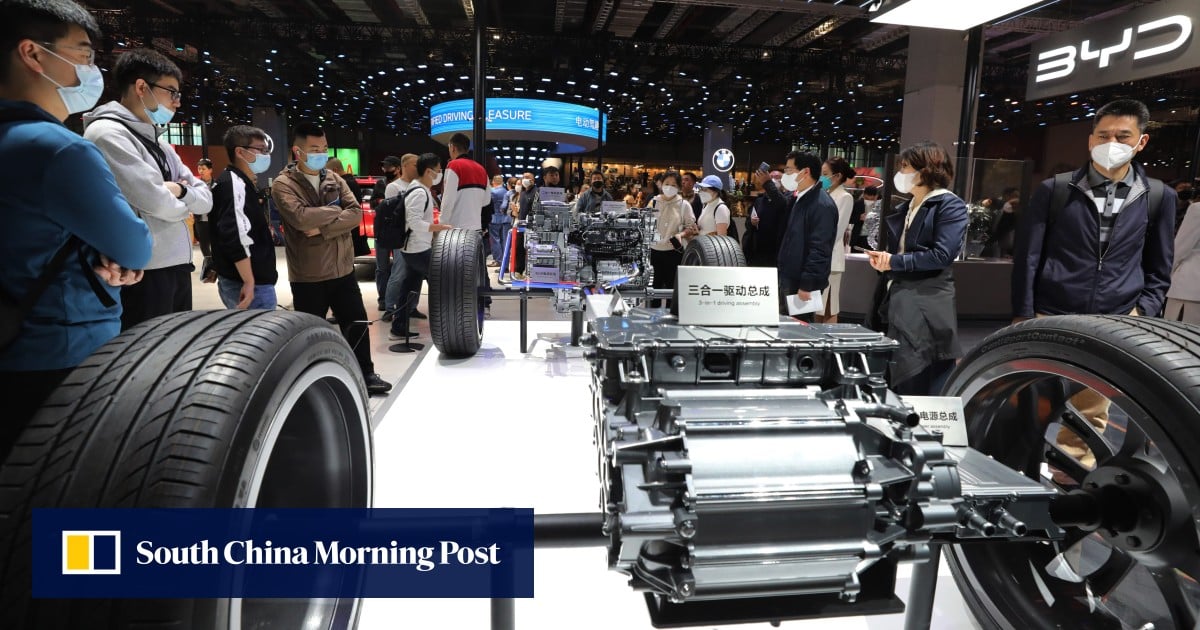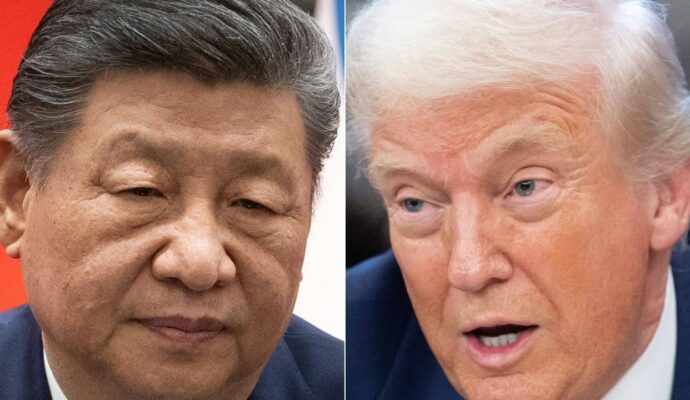
Companies from China have come under the spotlight in India since 2020 when border clashes broke out between the neighbours.
Smartphone maker Xiaomi has been accused of illegal remittances to foreign entities in the name of royalties, allegations it has denied and challenged in court.
India taxes imports of fully built electric cars at 70 per cent or 100 per cent based on the value of the vehicle, but levies 15 per cent or 35 per cent on imports of car parts that are then assembled locally into an EV.
Those lower rates, however, are only applicable when parts such as a battery pack or motor are imported without being mounted on a vehicle chassis.
One of the sources said BYD had not met these conditions, making it liable to pay one of the higher rates, depending on the value of the car.
Neither the time period over which the alleged violation took place nor the number of cars affected was immediately clear.
BYD, which has already invested more than US$200 million in India, markets the Atto 3 electric SUV and the e6 EV to corporate fleets and plans to launch its Seal electric sedan later this year.
It has sold about 1,960 cars in India since starting sales in 2022, government registration data shows.


